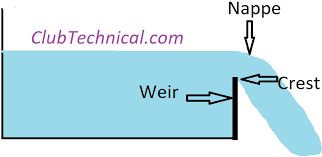Wastewater Engineering
Wastewater
engineering is a vital career that helps protect public health and the
environment. Wastewater engineers are responsible for the design, construction,
and operation of systems that collect and treat wastewater. Without wastewater
engineering, our water would be contaminated with sewage and other pollutants
leading to the spread of diseases and causing public health concerns.
What Is Wastewater
Engineering?
Wastewater engineering is the process of
designing and managing systems that treat wastewater. This includes sewage,
storm water, and wastewater from industrial environments. Wastewater engineers
work to protect public health and the environment by ensuring that wastewater
is properly treated before it is discharged back into the environment. Now,
let’s dive into the benefits of water and wastewater treatment engineering.
The Benefits of Wastewater Engineering
Wastewater engineering provides many benefits
to public health and the environment.
Prevent
the Spread of Diseases
Wastewater contains harmful bacteria and
viruses that can cause diseases. Thankfully, with water and wastewater
treatment engineering, these harmful microorganisms are removed and the
wastewater is made safe to discharge back into the environment.
Protect
Drinking Water Supplies
Wastewater treatment also protects our drinking
water supplies. If wastewater is not treated properly, it can contaminate our
drinking water with harmful pollutants. This can lead to serious health
problems such as gastrointestinal illnesses, liver and kidney damage, and even
cancer.
Improve
Water Quality
Wastewater and water treatment engineering can
also help to improve water quality. Removing pollutants from wastewater helps
to improve the quality of water in our rivers, lakes, and streams. This is
important for both humans and the environment.
What Is A Wastewater Engineer?
A wastewater engineer is a professional who
designs, builds, and manages wastewater treatment systems. They are responsible
for making sure that wastewater is properly treated before it is discharged
back into the environment.



Comments
Post a Comment